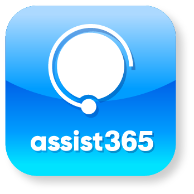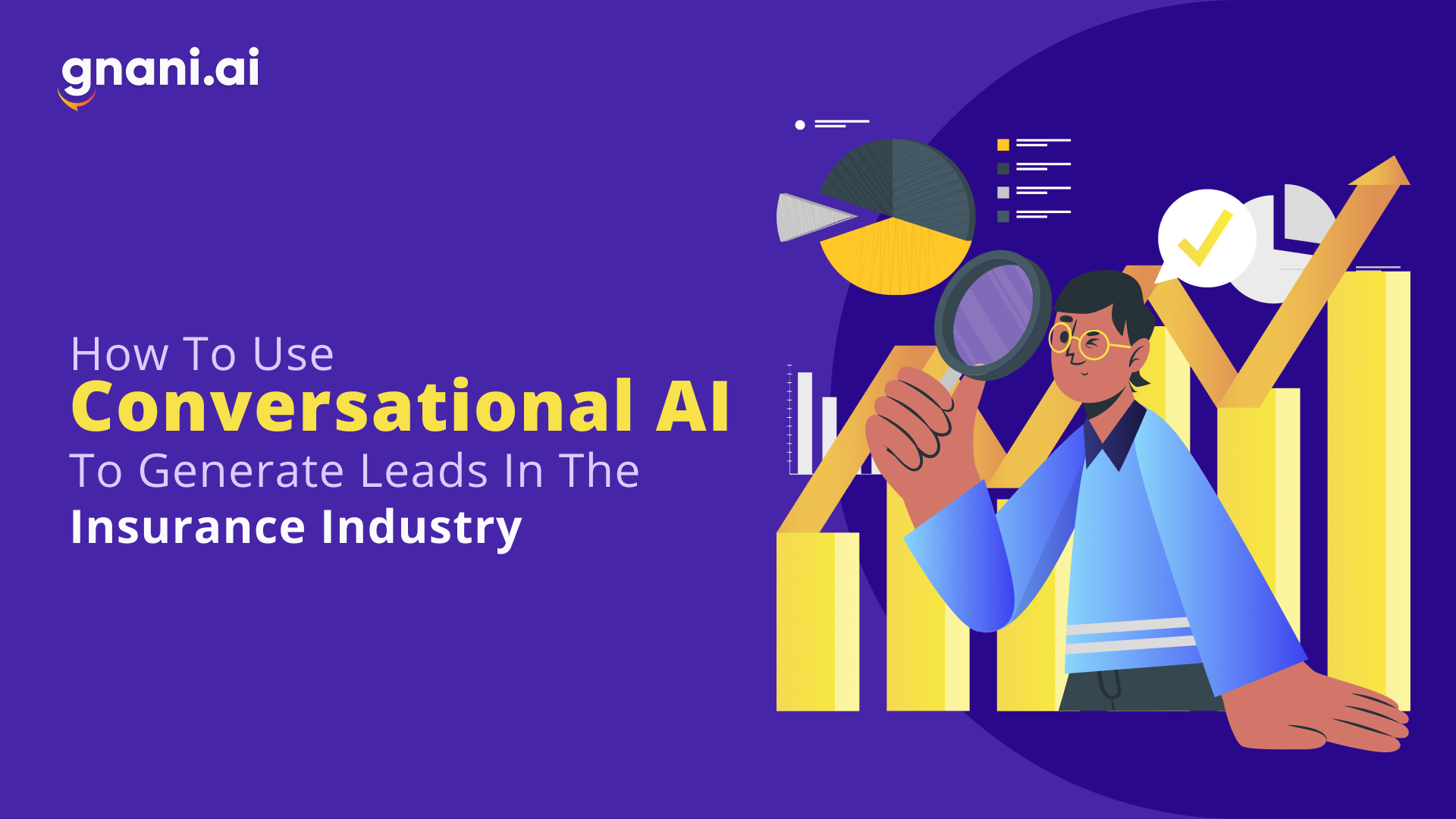Lead generation is the holy grail for most businesses, regardless of the industry they are in. For insurance companies, generating leads is even tougher as there is too much information overload, and the fact that there are tonnes of them competing with each other doesn’t help either. Breaking through the noise and clutter is itself a big task.
Another bummer when generating leads in the insurance industry is that people don’t necessarily evince interest in insurance products unless they are forced to buy insurance for their health, home, vehicle, and family.
In this article, we are going to broach the subject of using conversational AI for lead generation in the insurance industry.
Problem With Incumbent Lead Generation Activities In The Insurance Industry:
Before we speak about conversational AI for lead generation, let us see some of the problems that plague the industry when it comes to generating leads.
1. Aggressive Prospecting:
The traditional methods of insurance prospecting can be considered a bit aggressive. The agent tries everything in their book to sell insurance policies. Sometimes, they over-promise you with terms that might look extremely appealing to the customer, while in reality, there could be too many conditions to be eligible to receive the benefits. As a result, the customer will be provided with false data, which in turn affects the brand image.
2. Non-Segmented Customers:
Another issue is that the insurance agents cast a net that is too wide while targeting prospects. There is no proper information collected, and therefore, it becomes difficult to provide the right solutions.
3. Analytics Is Not Monitored:
The key to lead generation success is to know your numbers. When you are on top of your numbers, you know what works and what doesn’t. Using the insights from your data analytics team, you will know which are the leads that will convert and which won’t.
4. Non-Tailored Solutions:
As an insurance advisor, your customers expect you to offer them solutions that are based on what they want. A scattergun approach will not work in the insurance industry, where each customer’s requirements are unique. As we have mentioned in our blog titled how conversational AI boosts Insurance company ROI- insurance businesses improve their return of investment and also grow their customer base by using the AI’s ability to predict, personalize, and engage with the audience.
But, how exactly does conversational AI help in lead generation? That’s what we are going to see next.
How Can Conversational AI In Insurance Improve Lead Generation?
$1.3 billion is the impact of conversational AI in insurance by 2023.
In 2019, the number was just $300 million- that’s the kind of transformative results that you can expect with conversational AI in insurance.
Conversational AI in insurance is so advanced that it has all the answers when it comes to solving the queries of customers. But it works in tandem with the live agents to offer the best experience possible. Let’s say that conversational AI comes across a complex issue; it can be transferred to the live agent to ensure service continuity. Combining the features of a conversational AI tool with the natural intelligence of an insurance agent can be the game-changer for your brand when it comes to generating leads and offering a great customer experience.
To get customers on board, the insurance company has to act as advisors where they try to educate the customer, understand what type of insurance they are looking for, assess their risk profile, and make recommendations based on these details. Thankfully, conversational AI can do all of the above and more with better precision and in a faster manner.
Here Is How Conversational AI In Insurance Generates Leads:
Personalized advice:
The biggest value of collecting customer data is that it can be used to provide better and smarter deals for the customer. Based on the customer behavior data and patterns, conversational AI in insurance can make personal recommendations of products and services that will be closest to their needs, budget, and requirements.
Personalized Advice And Omnichannel Analytics:
Customers these days will prefer to engage with digital tools as it gets their job done in the swiftest time possible. Having an omnichannel strategy in place is going to be pivotal for the insurance industry if they want to stay ahead of their competition. Your customers would want to gain access to you through a variety of channels- and this is where omnichannel analytics becomes paramount.
If you have set up omnichannel analytics, you will be able to analyze customer data and be in a position to provide them with a personalized experience. You can leverage omnichannel analytics to identify segments and micro-segments with the help of advanced clustering, scoring, and decisioning techniques.
It will not only help you analyze customer behavior, but it will also assist in predicting their behavior, provide better and more accurate offers, understand customer intent, predict inventory levels using historical trends, and so on.
Swiftly Answer Frequently Answered Questions (FAQ):
Questions like “How do I change my password?” or “How do I set up my account?” have to be addressed when a customer reaches out with these queries. But imagine the number of hours your agents stand to lose if they spend time answering countless repeated queries like this.
A conversational AI-enabled FAQ bot can easily answer the frequently asked questions without taking up time. What’s the best part here? The availability of an FAQ-bot makes it possible for agents to concentrate on high-effort tasks that would improve the customer experience by miles.
Greater operational efficiency:
A conversational AI-powered customer support team coupled with experienced human agents can ensure expedited customer solutions, no matter how complex the issues are. Virtual agents can take care of multiple queries simultaneously without needing a break.
Conversational AI offers incredible operational efficiency as it is available 24*7, offers multilingual options, helps nurture your leads, allows persistent calling, and so on. All of this results in faster resolution, reduced call durations, and mitigates the operational costs by a huge margin.
Where Does Conversational AI Stand In The Insurance Industry For Lead Generation?
The Covid-19 pandemic, a Black Swan event, has shown another way in which Conversational AI in insurance is a terrific asset to the industry. The insurance agents were able to gather leads despite in-person meetings not being possible due to lockdowns. Even under normal circumstances, conversational AI makes insurance more accessible and easy to understand. It reduces the friction during the buying process and gains the trust of the customers.





